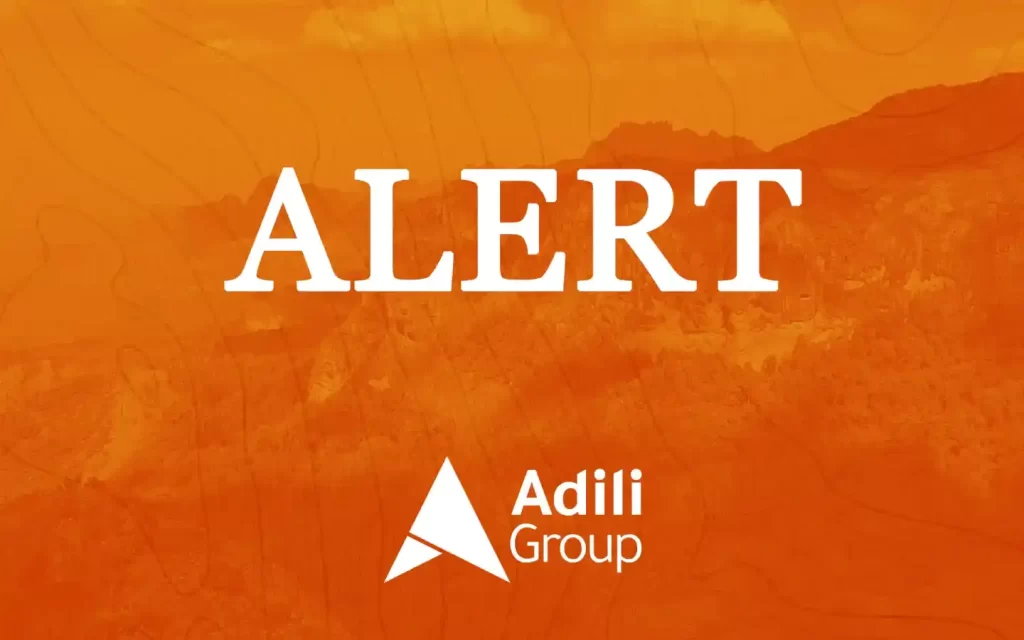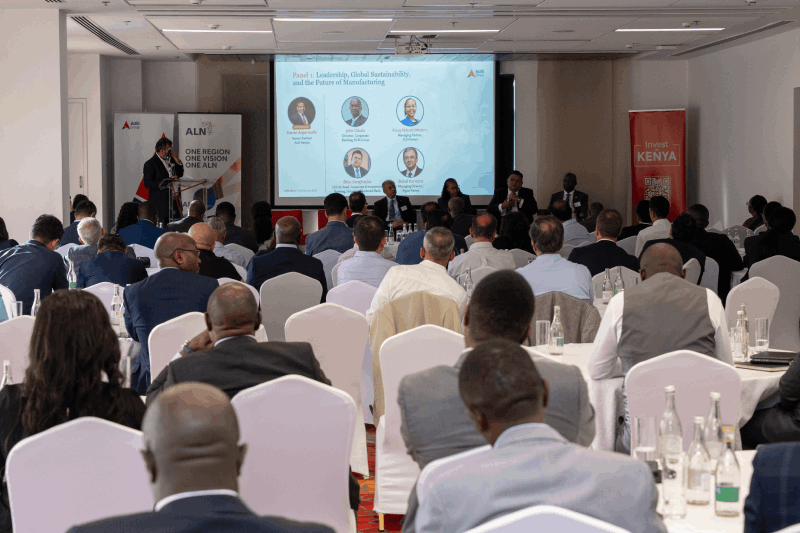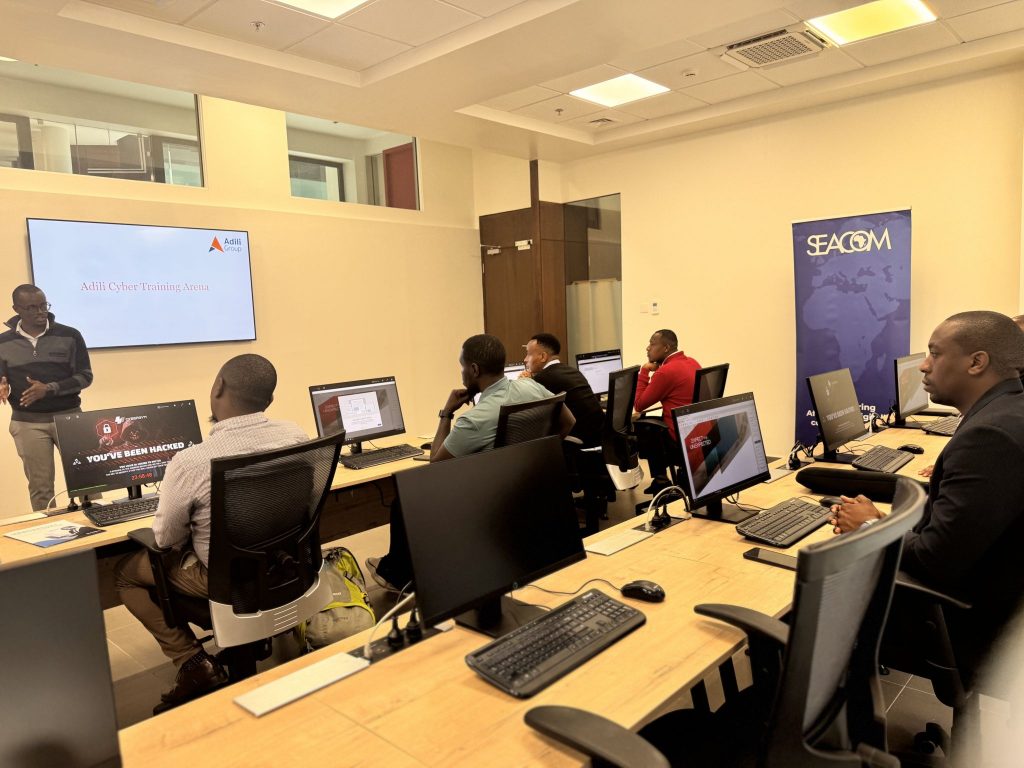On 16 December 2024, the Government of Kenya issued a notice through the Special Issue of the Kenya Gazette, announcing amendments to the Kenya Citizenship and Immigration Regulations, 2012, through the introduction of the Kenya Citizenship and Immigration (Amendment) Regulations, 2024. These updated regulations are designed to strengthen the framework for work permits.
The amendments include variations to existing permit categories and the introduction of new categories, aimed at addressing evolving needs and enhancing efficiency in the issuance and management of permits:
Class I Permit: Approved Religious Activities
The Class I permit, previously granted to members of registered societies engaged as missionaries, members of companies limited by guarantee, or members of registered trusts, will now be issued exclusively to missionaries who are members of registered societies and whose activities are directly focused on preaching or conducting religious worship and ritual.
Class P Permit: Staff of the United Nations, Diplomatic Missions, Inter-Governmental Organizations and International Nongovernmental Organizations accredited to Neighbouring hardship countries.
The Class P Permit will be granted to staff members of the United Nations, Diplomatic Missions, Inter-Governmental Organizations, and International NGOs operating in neighbouring hardship countries. This permit will enable the permit holders and their families to reside in Kenya. The annual fee for the permit is set at USD 1,000, with an additional processing fee of USD 200.
Class Q Permit: Professionals working for Religious or Charitable Organizations
The Class Q Permit has been introduced as a modification of the existing Class I Permit. It will be issued to individuals belonging to a prescribed profession and registered under the Society’s Act, as well as to companies limited by guarantee and trusts registered under the Trustee Act. This permit category is specifically designed for individuals employed by religious or charitable organizations, provided their roles do not involve preaching or conducting religious worship and rituals.
The annual fee for the Class Q Permit is KES 100,000, with an additional processing fee of KES 20,000. This is an increase from the KES 20,000 annual fee with no processing fee previously charged for the class I.
Class R Permit: Citizens of East African Community
This category of permit will be issued to citizens of East African Community (EAC) member states who intend to reside, engage in business, employment, or any prescribed profession, free of charge. It has been introduced to foster regional integration within the EAC. According to a government press release, the primary qualification for this permit is proof of citizenship from an EAC member state.
Class N Permit: Digital Nomad
The Class N Permit (Digital Nomad), introduced on October 1, 2024, has undergone updates to enhance its accessibility. This permit is designed for individuals employed by companies based outside Kenya who work remotely from within the country, as well as freelancers working remotely from Kenya for companies based abroad.
The recent amendment has lowered the minimum income threshold for eligibility from USD 55,000 to USD 24,000 annually, making it accessible to a wider range of professionals. The permit is issued at an annual fee of USD 1,000, with an additional processing fee of USD 200.
For detailed insights and further assistance, please refer to the Gazette Notice available here. Our team is ready to assist you with the implementation of these new permits as they take effect in early 2025.












